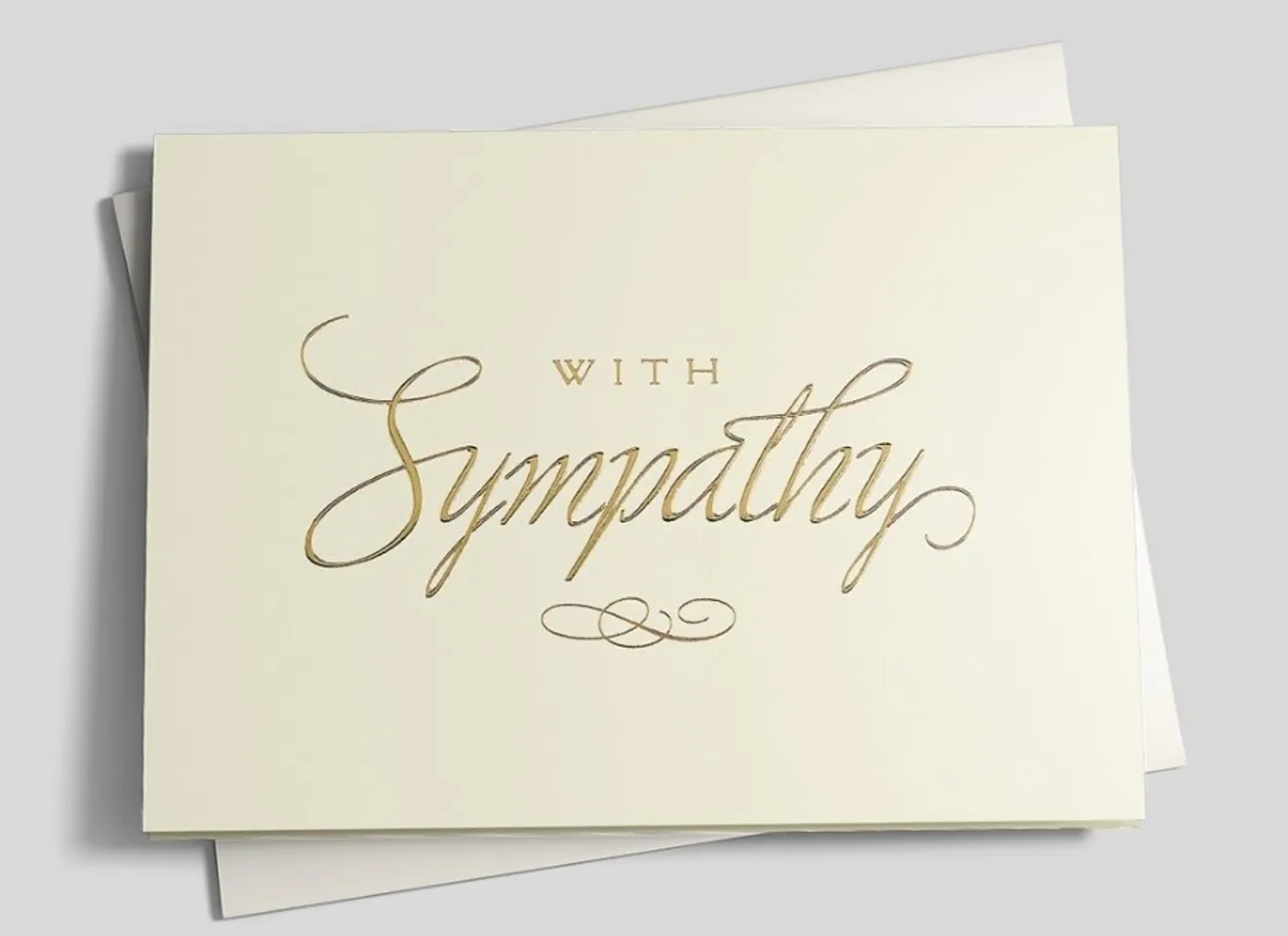
Working in Norway
‘Why didn’t I get the job?’: Playing the sympathy card
Revealing first-interview status or not?
My recent article about not getting the first job I ever interviewed for in Norway triggered a certain number of comments. While this is always a welcome thing for a blogger (to paraphrase circus owner P.T. Barnum, ‘There’s no such thing as bad reader response’?), what was especially interesting about these was the writers’ underlying question within: Although formulated in various ways, they wondered why in the world I hadn’t told my interviewer the moment I sat down in ‘the hot seat’ that this was my first-ever interview in a) the country and b) a foreign language?
Native speakers want the whole truth
The extra interesting part about these responses was that it seemed by the names appearing underneath their comments was that all were made by ‘natives’ to the country. After reading what they’d written to me, I tried looking at it from their point of view to see if I could understand it better. After so doing, came to the conclusion that if they had been the interviewer, they would have appreciated learning this fact from me, as it would have made them feel more informed about my situation. Which in turn would make it easier for them to explain my lack of vivacity by putting it down to a case of extraordinary nerves caused by a mix of low linguistic self-esteem and uncertainty about just how interviews are conducted in this country. They seemed to suggest that revealing my first-interview status was the only logical thing to do under the circumstances.
Weakness to admit you are different
This was completely the opposite of how I was thinking at the time, as it never occurred to me to reveal this information to the potential employer-stranger sitting across from me. Not once during our conversation did the thought fly through my mind, either (or maybe I was concentrating too hard on getting my pronunciation right to worry about anything else). And the reason was that I simply did not want to play what I considered to be an interview sympathy card. It would be like I was asking him to feel sorry for me before we’d even begun talking about my background and qualifications for the job at hand. Even worse, it’d place him in a very awkward position – I mean, what was he supposed to reply to my revelation except to say something like, ‘Oh, really?’ And then silence, to be filled by my stammering something along the lines of ‘Well, I just wanted you to know that before we got started.’ No, it just wasn’t happening.
Pride goeth before the interview fall
Or was it simply a case of my pride getting in the way of good sense? When I reread the above paragraph, the idea that I was stubbornly unwilling to lower myself to the level of being honest about admitting a type of weakness comes through. And why do I call it weakness? It’s because at the time I as a foreigner/foreign speaker felt just a few notches lower on the social ranking scale than the native/native speaker in front of me, a situation compounded by the fact that he had the power to either hire me or not. As any good career coach would tell me, I had psyched myself out by focusing on the negative instead of getting the message across about all the positive things I could bring to the job. Which in turn led to my poor performance and ultimate defeat (as described the last time around).
So did I do the right thing or not by being unwilling to expose my lack of interview experience in this situation? Should I have fessed up from the start and just gotten on with it? I’d like to say that I learned from the experience and would do it differently if given the chance once more, but in all honesty, right or wrong, I think I’d do the same thing all over and hold that and all other interview sympathy cards close to my chest, come what may in the form of call back or rejection letter. In certain situations you truly don’t want to ‘celebrate your differences’ – quite the opposite, you just want to appear to be like everyone else.
Sign up for a Tekna course to improve your on-the-job communication skills.
Read more about what Tekna can do for you in your career development




